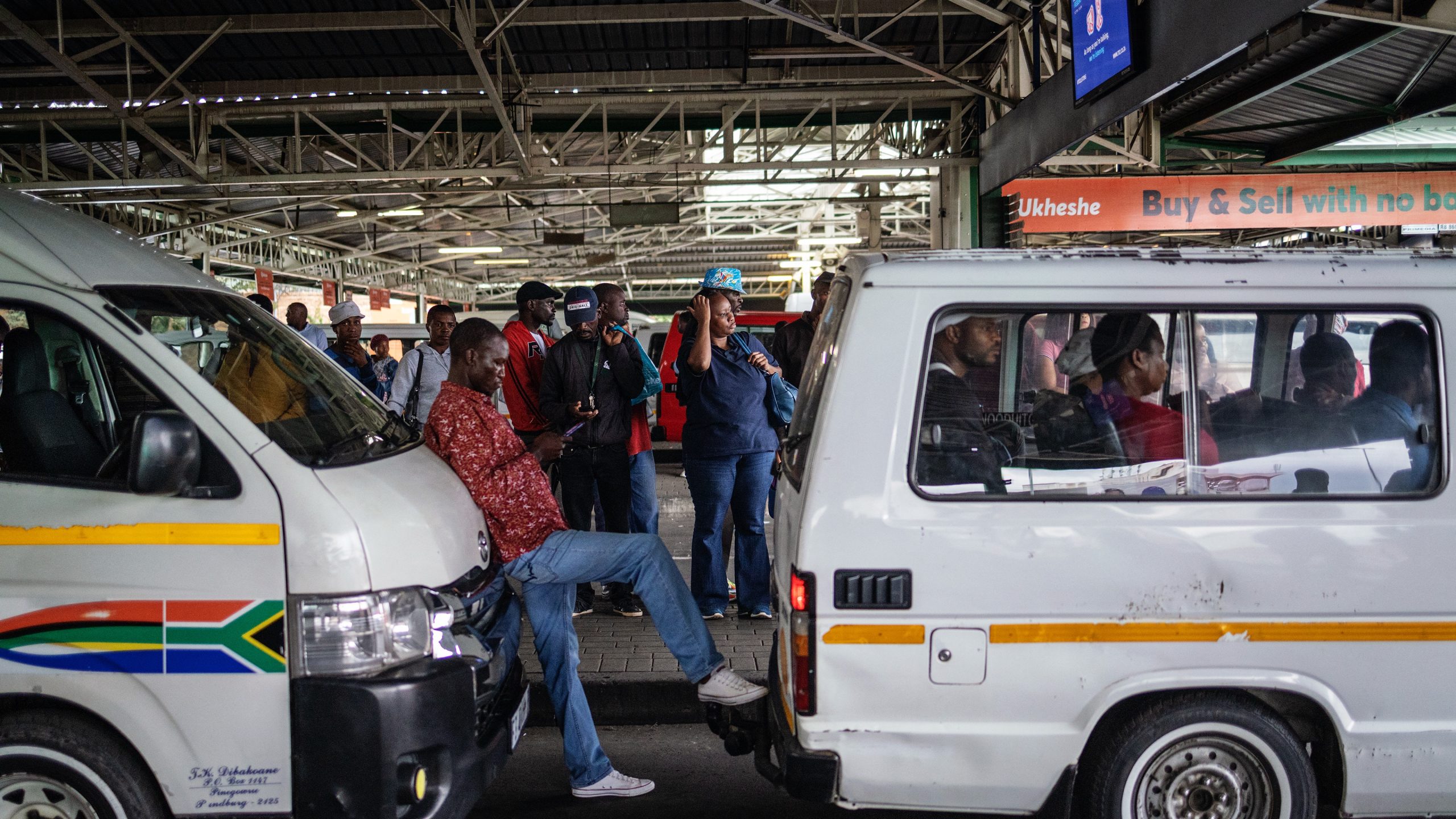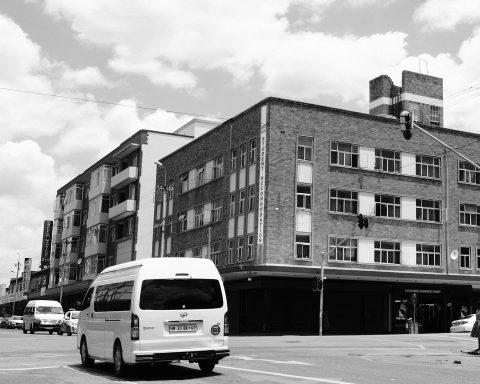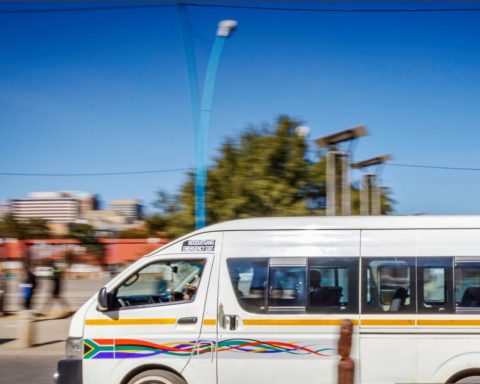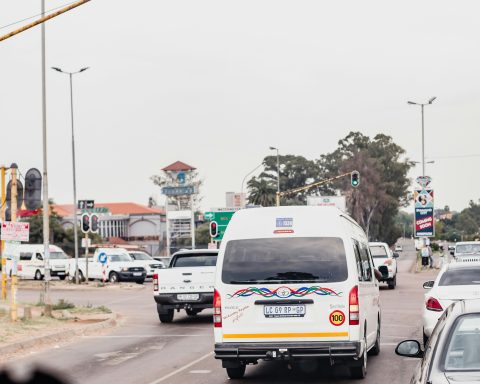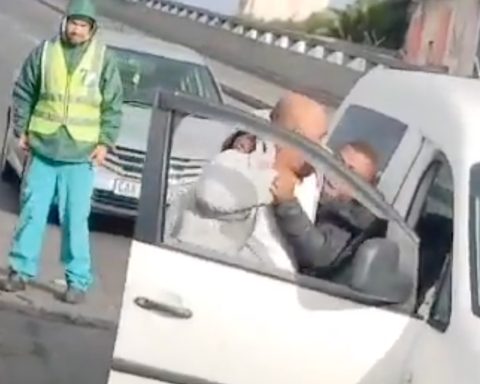The South Africa taxi crackdown disrupts Ekurhuleni as drivers halt services. Authorities seized vehicles lacking licenses, stranding commuters. Consequently, the South African National Taxi Council pushes for talks with Gauteng Transport MEC Kedibone Diale-Tlabela to find solutions.
Drivers must pay R5,000 to retrieve their taxis, which they label harassment. The regional secretary explained they struck to protest, leaving passengers stuck. Moreover, this action highlights tensions with e-hailing services and regulatory disputes, elements at the forefront of the taxi crisis in South Africa.
Durban Authorities Seize 25 Taxis
In Durban’s Claremont area, officials seized 25 minibus taxis on Friday for operating without permits. This action continues a broader enforcement effort that began weeks ago in the city center. As part of the greater South African taxi crackdown, these steps are efforts to regulate the industry.
For instance, the crackdown follows attacks on two e-hailing drivers, allegedly by taxi operators in Claremont. As part of the South Africa taxi crackdown, authorities enforce compliance to ensure safer roads for all South Africans.
Western Cape Violence Sparks Court Action
In Cape Town, the South Africa taxi crackdown escalates with a deadly feud between two taxi associations over routes from Mfuleni and Khayelitsha to Somerset West. This week, shootings at taxi ranks in Philippi East, Khayelitsha, and Macassar killed five and injured nine.
As a result, the Western Cape government secured a court interdict to halt the violence, effective until October 9, when it could become permanent. The premier called for renewed talks, emphasizing that taxis transport two million people daily. Dialogue, not court action, remains the preferred path to peace.
Cape Town Warns of Deregistration
The Western Cape Mobility MEC warned that continued violence might force taxi associations to lose registration or permits. Taxis serve workers, students, women, and children, but must not become death traps in this problematic phase of South Africa’s taxi industry.
Indeed, the MEC stressed that community safety is non-negotiable. Although some leaders ignored peace summit pledges, the government welcomes those committed to lasting solutions.
The South Africa taxi crackdown reveals an urgent need for fair operations and safety. Commuters deserve reliable, safe transport. Therefore, let’s champion talks that bring real change for all South Africans.
